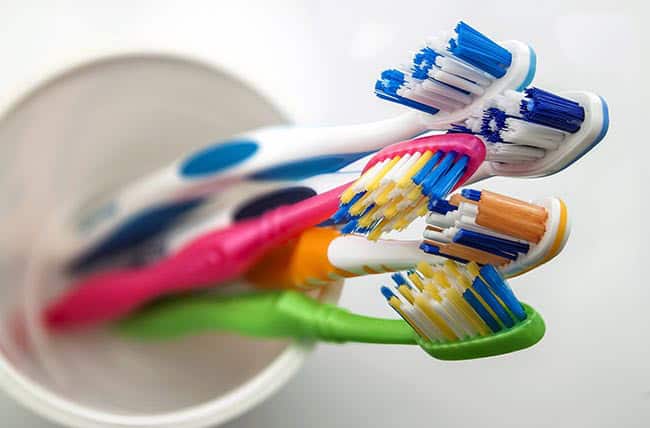Dr. Fara Hurt, D.D.S. Providing Dental Excellence with Compassionate Care
When you walk down the oral care aisle at the store, you’re met with rows of toothbrushes boasting soft, medium, and even hard bristles. With so many options, you might wonder: Does the texture of the bristle really make a difference?
The short answer is yes — it matters more than you might think.
Soft vs. Hard Bristles
Most dentists, including myself, recommend choosing a toothbrush with soft bristles. While it may seem like firmer bristles would “scrub better,” they can actually do more harm than good. Hard or even medium bristles can wear down the enamel that protects your teeth and irritate your gums over time.
Soft bristles, on the other hand, are gentle yet effective. They’re designed to clean away plaque and food particles without damaging the teeth or gums. When paired with the right brushing technique, soft bristles are more than capable of keeping your smile clean and healthy.
Protecting Your Smile
Your enamel is the hardest substance in your body, but once it’s worn down, it doesn’t grow back. Choosing a toothbrush that’s too abrasive, especially when combined with aggressive brushing, can lead to tooth sensitivity and receding gums. This is why the combination of soft bristles and gentle pressure is the safest way to brush.
Think of brushing your teeth like washing your favorite car. You wouldn’t use a rough sponge that scratches the paint — you’d choose something soft that still gets the job done. The same idea applies to your smile.
Technique Matters Too
Even the best toothbrush won’t help if your technique is off. Here are a few quick tips to brush effectively:
- Use a 45-degree angle toward the gumline.
- Brush in small circles instead of back-and-forth scrubbing.
Take your time — two minutes, twice a day. - Don’t forget your tongue to help keep your breath fresh.
Pairing the right toothbrush with good brushing habits gives you the best protection against cavities and gum disease.
The Bottom Line
When it comes to toothbrush bristles, softer is better. It’s a simple choice that makes a big difference in protecting your enamel and gum health for the long run. If you’re ever unsure which toothbrush is best for you, don’t hesitate to ask during your next dental visit. We’ll be happy to guide you toward the option that fits your smile’s needs.

